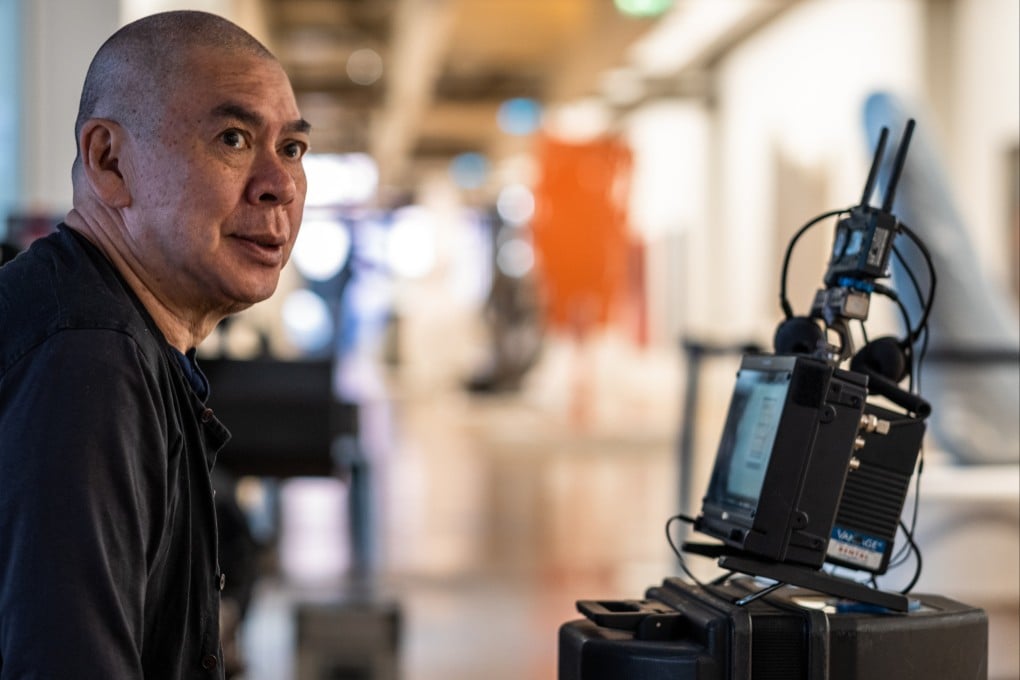How Taiwan’s art-house film icon Tsai Ming-liang has evolved over 30 years, as New York retrospective takes deep dive into his work
- One of Taiwan’s foremost directors, Tsai explains how empathy has become more important in his work and how film students need to find their own voice
- He says he doesn’t want to manipulate viewers into ‘manufactured feelings’ like mainstream films do, but use a purely cinematic language that doesn’t distract

Thirteen years after Malaysian-Taiwanese filmmaker Tsai Ming-liang last visited the United States, a retrospective of his work kicked off at New York’s Museum of Modern Art (MoMA) – and Tsai was there to greet the audience.
Titled “Tsai Ming-Liang: In Dialogue with Time, Memory and Self”, the retrospective began on October 20 and includes 14 of Tsai’s feature films and four short films, as well as examples of his art.
It’s an opportunity to “take a big, deep dive into his body of work that lets viewers see how he has evolved over 30 years”, says La Frances Hui, curator of film at MoMA.
Tsai has been recognised as one of Taiwan’s foremost directors since his earliest films, but he playfully dismisses his influence on other filmmakers.
“Do I have that kind of impact?” he says with a laugh, via a translator. “What I tell my film students is just be yourself. Even if you have writer’s block, find your own voice. The process of creating is developing and exploring and finding yourself.”

Born in Malaysia, Tsai moved to Taiwan in 1977 to study theatre. He delved into film archives, absorbing Italian neo-realism and the French New Wave, and studied Hollywood directors like Orson Welles and John Ford. He also developed a fondness for the comedies of Buster Keaton and Jacques Tati.
